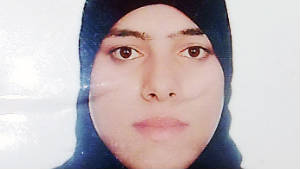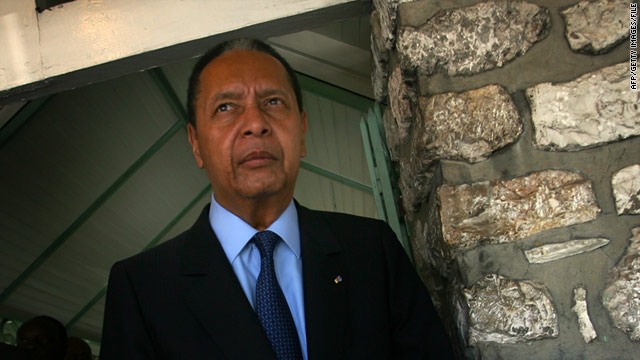By Carolyn Abdenour
Impunity Watch Reporter, Africa
MONROVIA, Liberia – On Thursday, 22 September, vice presidential candidate and soccer star George Weah accused Liberia’s incumbent president Ellen Johnson Sirleaf of buying votes and using government funds to campaign for the country presidential election on October 11, 2011. On Friday, President Sirleaf’s spokesperson denied the allegations.

Weah made these allegations at a press conference held at the headquarters of his party, the Congress for Democratic Change (“CDC”), in Congo Town. Cyrus Badio, President Sirleaf’s secretary, called the allegations “reckless and unsubstantiated.”
The allegations followed a report tht Weah and former prosecutor of the Special War Crimes Court for Sierra Leone Alan White signed a Memorandum of Understanding (“MOU”) to stir conflict if the CDC did not win the elections. They believe former Secretary General Eugene Nagbe will damage the CDC’s chances of winning the election. Last week, police charged three CDC members for throwing a gasoline bomb that burned Mr. Nagbe’s vehicle.
Weah asserts the CDC will win the election “very massively, because we carry the confidence of the people.” He also calls upon the international community to monitor the elections to safeguard from fraudulent results.
Sirleaf face Weah and his running mate Winston Tubman along with fourteen additional challengers in the election. The CDC is Liberia’s leading opposition political party to Sirleaf’s Unity Party (“UP”).
In 2005, Liberia elected Harvard-trained economist President Sirleaf as the first democratically elected female president in Africa. Since the civil war in Liberia ended in 2003, United Nations (“UN”) Peacekeepers assist Liberians in maintaining peace in their country.
During the election’s debate, campaign, and candidate interactions, Liberian commentators call upon the candidates to mutually respect one another, behave civilly, and speak honestly to each other. They also call upon the Ministry of Justice to investigate Weah’s claims against Sirleaf.
Weah demands free, fair, and transparent elections in Liberia. However, when asked what his reaction would be if CDC lost the election, Weah answered “Freely and fairly, we will accept the result, because that will be the decision of the Liberian people and we will not overturn the decision.”
For further information, please see:
The Liberian Dialogue – The Ensuing Liberian Elections: A Word to the Candidates – 25 Sept 2011
The Liberian Dialogue – Weah’s Claims Must be Investigated – 24 Sept 2011
MENA FN – Weah – Ellen Will Be Defeated Massively – 23 Sept 2011
The Washington Post – Liberia Candidate Accuses President of Buying Votes; Spokesman Denies Claim – 23 Sept 2011



